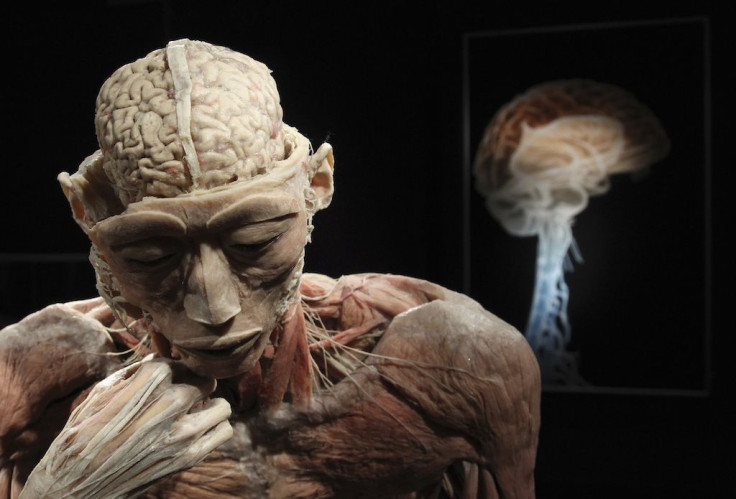The Human Brain Comes With Its Own Unique 'Fingerprint' According To Researchers

It’s been discovered recently that a brain’s structural connections are so unique that researchers are able to identify a person based on their brain “fingerprint.” A team led by researchers from Carnegie Mellon University was able to discover this brain fingerprint using a new, non-invasive diffusion MRI scan.
Using diffusion MRI, the researchers were able to map the brain’s structural connections or what is known as white matter fibers. The way these white matter fibers are connected are unique from person to person, allowing researchers to identify someone with nearly perfect accuracy.
The diffusion MRI approach also allows researchers to “measure the integrity along each segment of the brain’s biological wires” which helps in distinguishing unique patterns. Diffusion MRI is different from regular MRI scans as it is able to generate contrast in images using the diffusion of water molecules in biological tissues, according to Engadget.
Researchers used the diffusion MRI approach on 699 brains to measure their local connectome (neural connections). To actually create the brain “fingerprint,” the researchers took the data from the diffusion MRI then reconstructed it to calculate the distribution of water diffusion along the fibers of the white matter (the inner parts of the brain).

The researchers ran over 17,000 identifications tests in order to know how unique a brain fingerprint really is. The researchers didn’t say exactly how accurate the fingerprint was, but they did say that they were able to determine whether two fingerprints came from the same person or not “with nearly 100 percent accuracy.” The test was also made on twins which also led to the discovery that twins only share 12 percent of the same structural connectivity patterns in their brains.
The result of the research also shows that the distinctiveness of the connections also change over time — an average of 13 percent every 100 days. "This means that many of your life experiences are somehow reflected in the connectivity of your brain,” CMU assistant professor of psychology Timothy Verstynen said.
“Thus we can start to look at how shared experiences, for example poverty or people who have the same pathological disease, are reflected in your brain connections, opening the door for potential new medical biomarkers for certain health concerns,” Verstynen added.
As of now, it doesn’t look like this technique will be used widely for identifying people. The research team is now focusing on how the study can be used for practical, medical applications. The research team has also published their full research on the PLOS Computational Biology website.
© Copyright IBTimes 2024. All rights reserved.





















